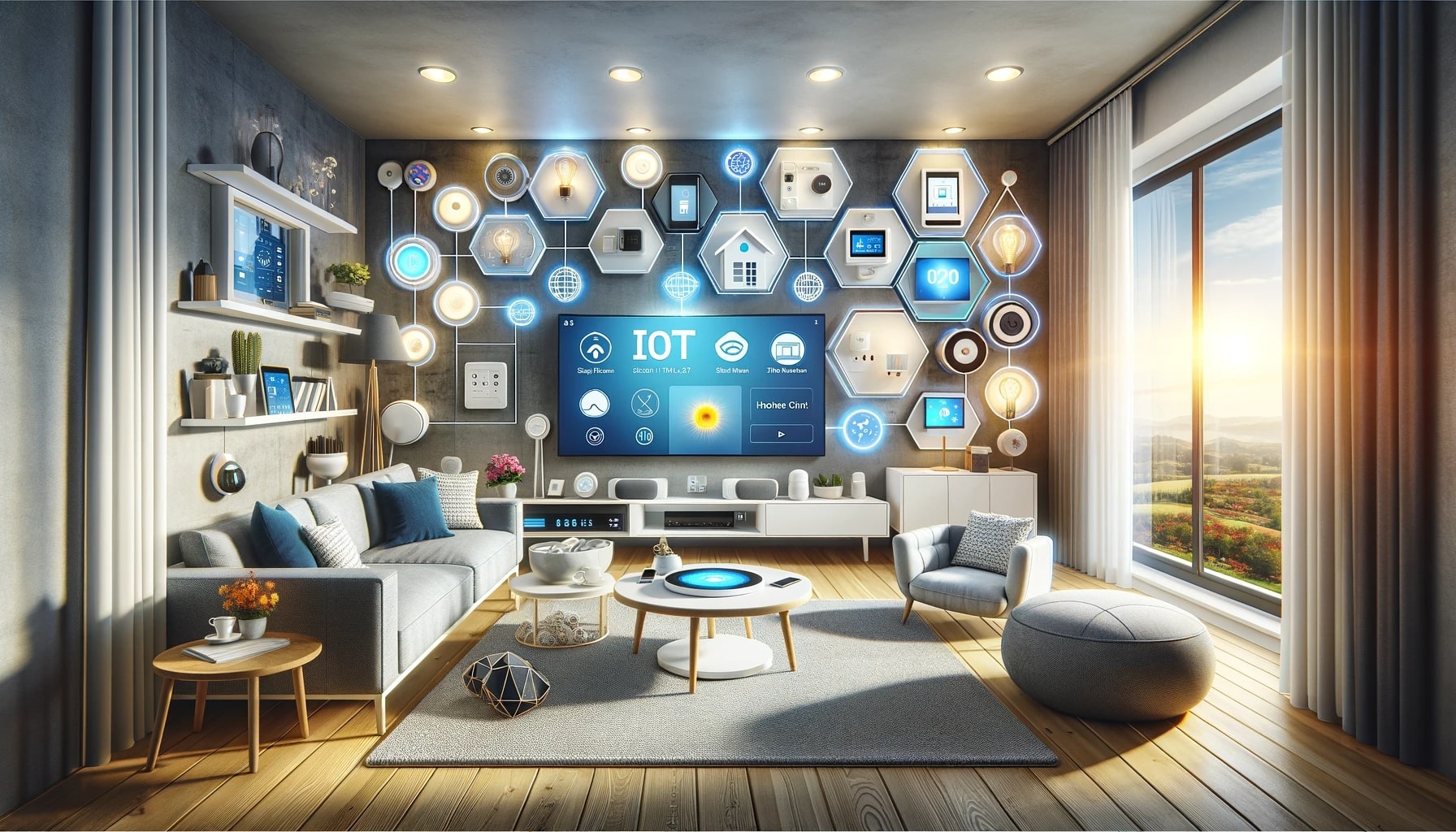In an era where technological integration into daily utilities is becoming commonplace, Mitsubishi Electric Europe’s recent collaboration with Soracom stands out as a quintessential example of how Internet of Things (IoT) can revolutionize traditional industries. This partnership aims at enhancing the connectivity of Mitsubishi’s MELCloud systems, which manage heating, ventilation, and air conditioning units across Europe. The initiative is not just a leap towards modernizing infrastructure but is also a step forward in adhering to stricter environmental regulations and energy conservation measures. With this move, Mitsubishi Electric intends to offer superior control and efficiency in climate management systems via enhanced IoT connectivity.
Background of IoT Integration in HVAC Systems
The integration of IoT in HVAC systems isn’t a novel concept but its adoption has accelerated due to the rising energy costs and the stringent emissions regulations across Europe. Systems like MELCloud represent the intersection of technology and need, aiming to provide not only comfort but also energy efficiency. The EU’s aggressive stance on carbon pricing and emissions trading has further propelled the demand for smart, connected systems that can also contribute to environmental sustainability.
Technical Enhancements in MELCloud
MELCloud, with its advanced capabilities, allows users to manage their HVAC systems remotely via smartphones or computers. This system provides real-time operation controls along with an array of programmable options that include seasonal adjustments and weekly timers. By transmitting operating data to the cloud, MELCloud enables detailed analysis aimed at optimizing system performance, which is pivotal for both conserving energy and reducing operational costs.
Comparison with Industry Developments
Similar innovations can be seen in other parts of the industry. For instance, according to an article on Engadget titled “Smart Home Tech that Saves Energy,” other companies are also enhancing their home automation systems to incorporate energy-efficient solutions. Another report by Clean Technica, “Innovative IoT Solutions in Home Automation,” discusses how different sectors are applying IoT to improve efficiency and automation, emphasizing a sector-wide trend towards sustainable and smart energy solutions.
A recent study published in the Journal of Sustainable Development titled “IoT and Sustainability in Smart Home Environments” highlights comparable advancements. The paper discusses various case studies where IoT has significantly contributed to energy conservation, underlining the potential of such technologies to meet global sustainability goals, much like the Mitsubishi-Soracom partnership aims to achieve.
Practical Benefits for Users
- Ideal HVAC management from remote locations.
- Significant energy and cost savings with advanced system analytics.
- Enhanced system reliability and user comfort through continuous monitoring.
The collaboration between Soracom and Mitsubishi Electric Europe represents a significant step forward in the application of IoT for environmental and efficiency challenges in the HVAC industry. By enabling better system management and connectivity, Mitsubishi Electric is setting a benchmark in the market. This collaboration not only supports sustainability efforts but also provides end-users with the tools to actively manage and reduce their energy consumption. As IoT technology becomes more entrenched in industrial applications, its role in promoting sustainability and efficiency is likely to grow, offering broad implications for global energy strategies.










